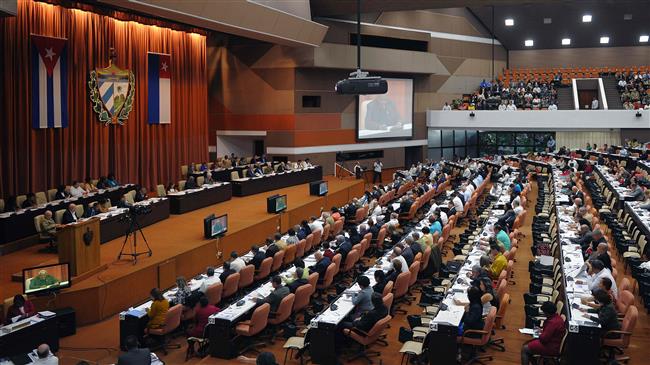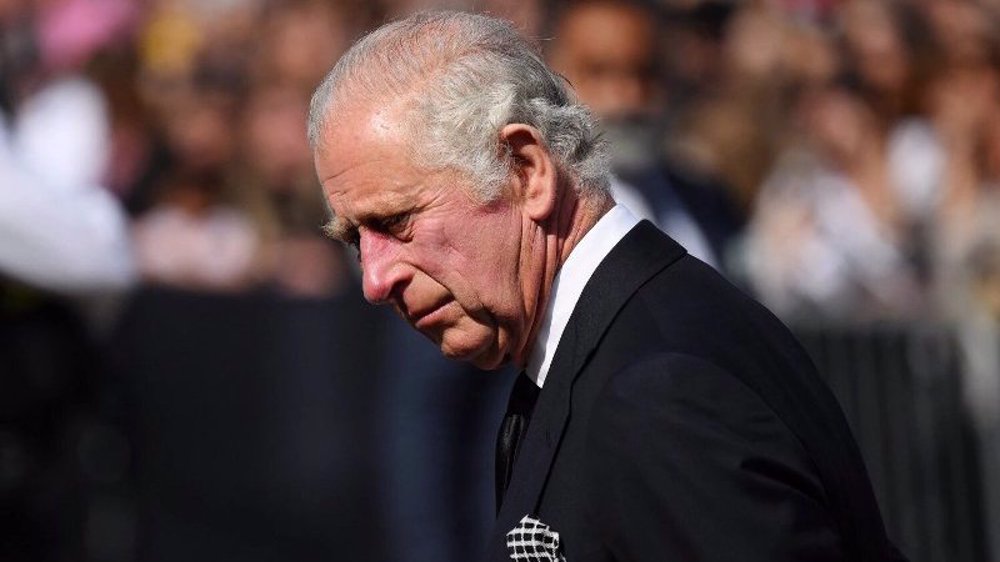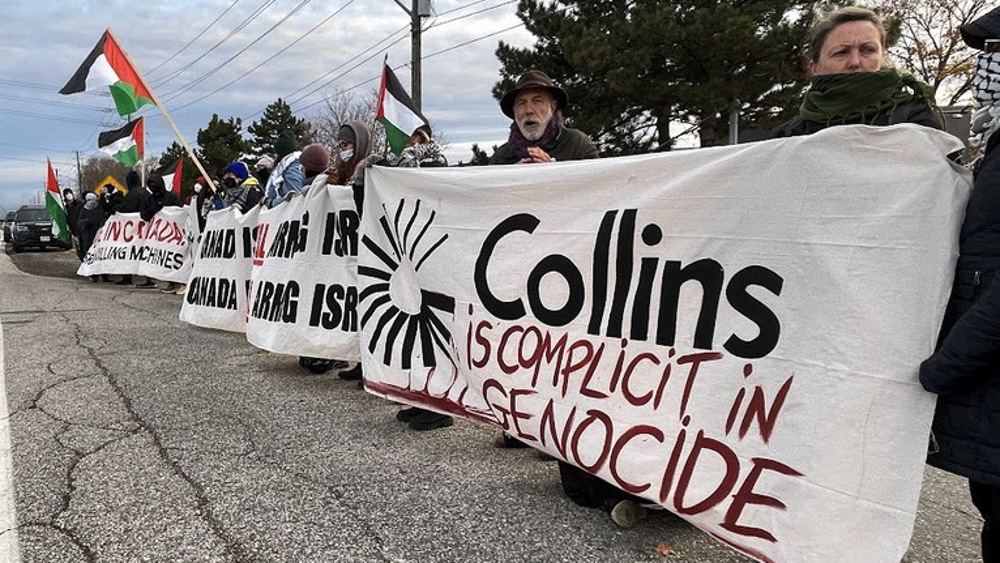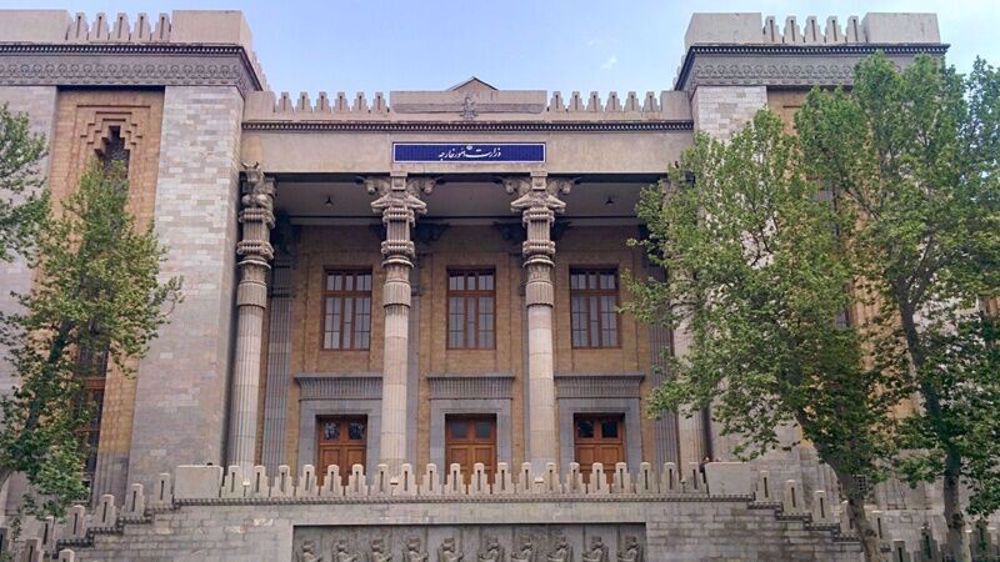Cuban parliament approves new constitution, formally recognizing private property
Lawmakers in Cuba’s National Assembly have approved a revised draft of a new constitution that retains the country’s one-party socialist system but also recognizes private property for the first time.
The new constitution, approved on Saturday, will maintain the Communist Party as the country’s guiding force and the state’s dominance of the economy but also legitimizes private business, which has thrived over the last decade.
It also creates the role of prime minister alongside the current president, as well as provincial governors.
President Miguel Diaz-Canel said the country’s economic challenges — including a weak 1.2 percent 2018 growth rate, and similar growth expected next year — required the acceptance of private business, joint public-private ventures, and cooperatives working together.
The new constitution recognizes worker-owned cooperatives for the first time as a legal form of production in every sector of the economy.
Despite all of this, the approved draft has reinserted the aim of “advancing toward communism,” which had been omitted from a former draft.
The formal legalization of private property is a significant change in Cuban society since former president Raul Castro permitted home and auto sales and created an economic boom in some sectors of the country.
Castro’s market reforms prompted hundreds of thousands of Cubans to join the ranks of the country’s self-employed since 2010, in new privately-owned businesses ranging from restaurants to beauty salons.
Raul Castro’s elder brother, the late socialist revolutionary leader Fidel Castro, had ruled Cuba for five decades, until 2006, when he temporarily ceded power to his brother Raul because he had to undergo surgery. The transfer of power became permanent in 2008.
President Diaz-Canel took over in April this year.

The draft of the constitution approved on Saturday has incorporated hundreds of changes proposed by citizens during a three-month public consultation at community meetings nationwide.
It will be put to a referendum on February 24, 2019.
VIDEO | Former FBI agent criticizes US Congress for 'outright corruption'
IRGC chief urges Muslim countries to cut aid routes to Israel
'New chapter in cooperation': Iran, Venezuela sign new MoUs
Jordan sentences former lawmaker for supporting Palestinian resistance
Basij volunteer forces hold massive drills in southwestern Iran
Israeli war criminals 'not welcome', US city says after ICC ruling
US vetoing of Gaza ceasefire resolution ‘disgraceful’: Iran’s UN envoy
VIDEO | IAEA adopts anti-Iran resolution tabled by E3











 This makes it easy to access the Press TV website
This makes it easy to access the Press TV website